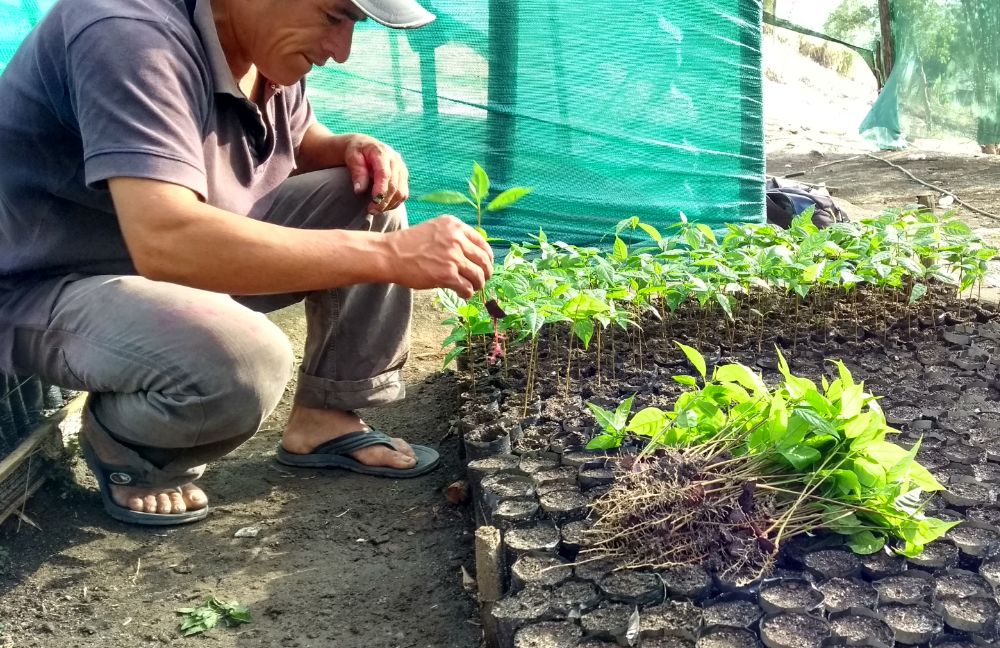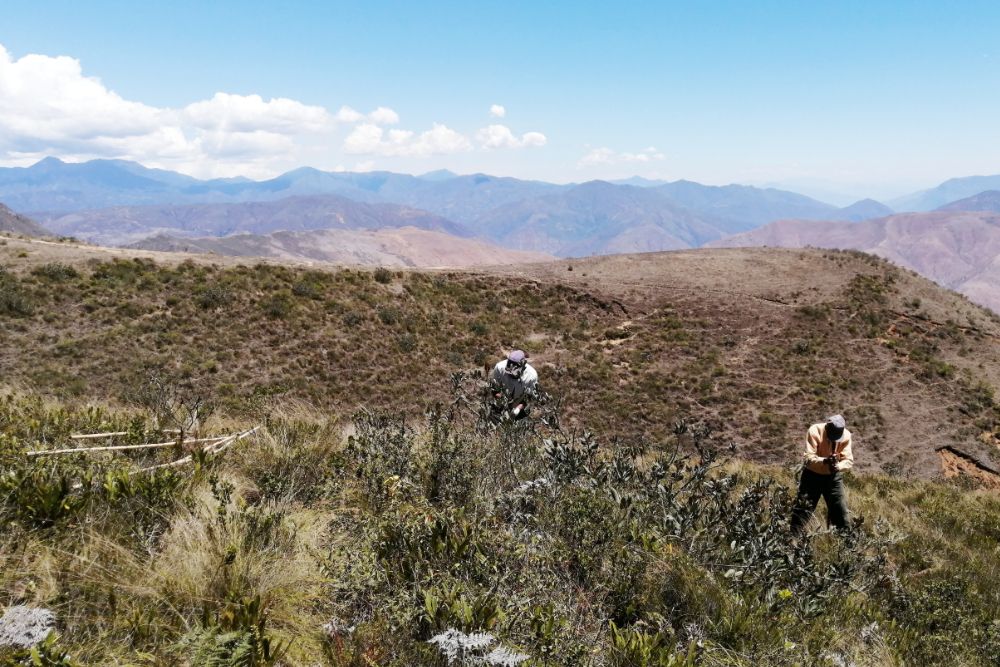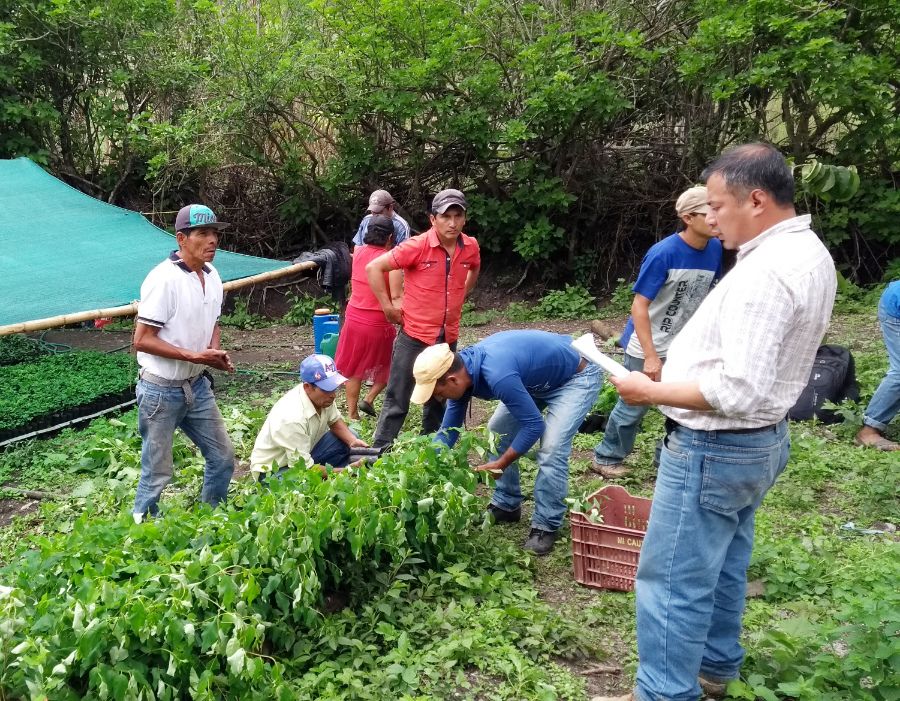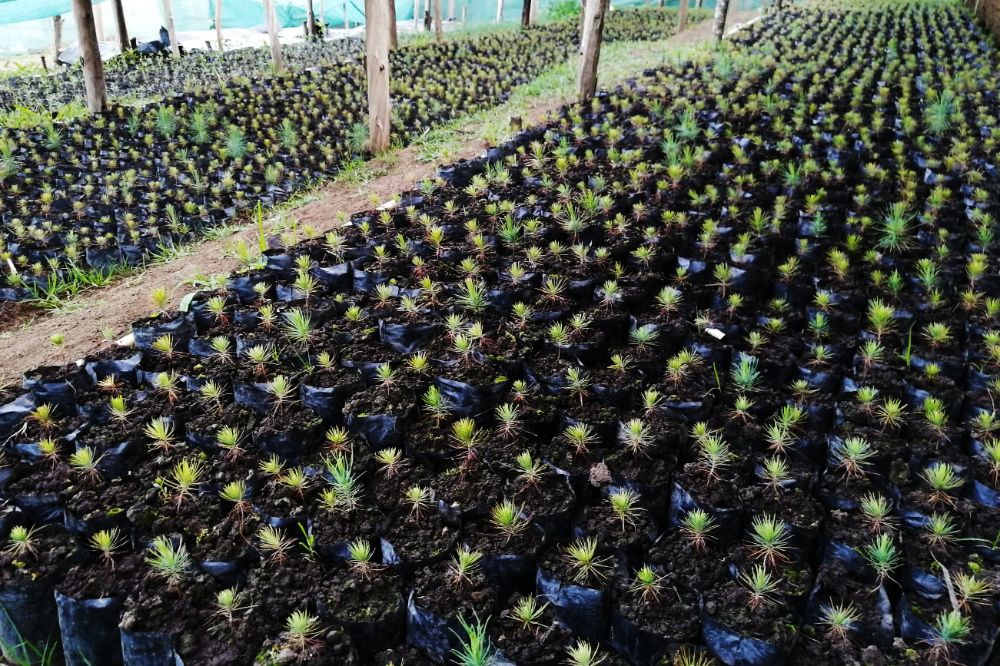In Peru, in the Piura region, Reforest'Action is committed alongside the NGO Progreso to plant 500,000 trees by April 2020. The objective: to combat desertification in the region and restore the soil.

The context of the project
The region of Piura, located in the north of Peru, is home to dry forests mainly composed of shrubby savannas. The climate is extremely arid and local communities are affected by frequent water shortages. The dry soils on which the pastoral and farming populations live are threatened by desertification. Desertification is accelerated by illegal logging, which amputates the forests by 3,000 hectares each year. In this context, Reforest'Action is partnering with the Peruvian NGO Progreso to plant trees alongside local communities. The forests created will help limit soil erosion and create an additional source of income for the populations.

The objective of the project: fighting against desertification
The funding of Reforest'Action comes in response to a very strong demand from local populations and municipalities seeking to reforest their land. Cashew cedar, big-leaf mahogany and Andean alder will be planted on the mountain ranges to restore their soil and biodiversity; when mature, their wood, prized for its quality, will be sustainably exploited as timber and, through its sale, will generate additional income for farmers, who are currently suffering from low crop yields. Silver pine, which is valuable for soil restoration thanks to the thick mat of needles that forms at its feet and limits erosion, will be planted in agroforestry in farmers' fields. This tree is also useful for breaking wind and providing shade for the underlying crops. The fast-growing eucalyptus saligna will enable villagers to obtain firewood from its branches while the tree continues to grow, thus diverting local people from logging in remaining forests.
More than 1,500 families are affiliated with the project and contribute to the planting and maintenance of the trees. Our partner offers them training in sustainable agriculture so that they can be made aware of the importance of preserving the planted trees, and achieve an autonomous development that respects their environment.

The benefits of the project
The project is restoring soil quality, protecting water resources and combating desertification around the associated villages. The forest ecosystems thus recreated will provide a multitude of invaluable services for the climate, nature and local populations.
- Protection of water resources: the porosity allowed by the organic activity of the forest soil (roots, microfauna, fungi) will reduce water runoff on the mountain ranges and will absorb rainfall to better feed the groundwater.
- Soil restoration and erosion control: the addition of organic matter to the soil through the fall and decomposition of the branches and leaves of planted trees will increase the nutrients available in the soil, making the land more fertile for the food crops of local communities. In addition, the branches and leaves of the trees will intercept the rain on the mountain slopes, preventing its runoff, which causes soil erosion.
- Creation of habitats for biodiversity: planted forests will, over time, welcome increased wildlife, both local and migratory.
- Timber and fuelwood generation: sustainably managed by our partner Progreso, these forests will enable the production of wood for the personal use of local communities or for the generation of additional income through its sale.
- Sensitization of local populations to sustainable development and forest protection.

Participate in the project by planting trees!
